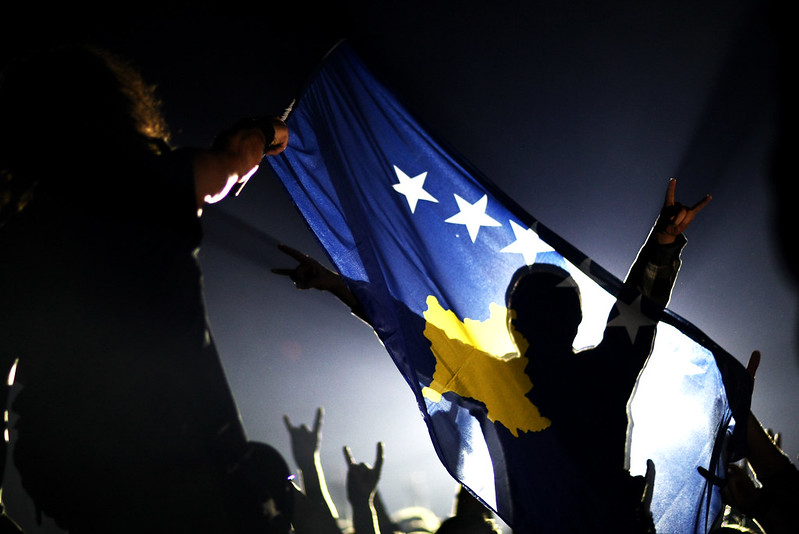A Changing Political Landscape: Lessons from Kosovo’s February Elections

Kosovo’s February 14 parliamentary elections marked an unprecedented tilt in the country’s internal balance of power. After years of dominance by more established political parties, the up-and-coming Self-Determination Movement (LVV) is now leading the country’s government with its winning reform agenda. Last month’s elections came on the heels of a tumultuous year for Kosovo, in which the LVV and the Democratic League of Kosovo (LDK) both held power for short periods of time. Issuing a strong mandate to LVV and a rebuke to long-entrenched parties, the elections show that citizens of Kosovo are breaking with the past and demanding a future of economic growth and good governance.
With the results now confirmed, here are three lessons from the February 14 elections:
Attention to employment and justice makes a winning platform:
LVV, with its successful anti-corruption, justice and employment platform, reached new heights in last month’s elections. With more than 50 percent of the vote, the party achieved a landslide victory and secured a record-high 58 seats in Parliament. This breakout moment for LVV follows a steady rise in popularity over previous election cycles, in which the party garnered 13.6 percent of the vote in 2010, 13.59 percent in 2014, 27.5 percent in 2017 and 26 percent in 2019. With its focus on social-economic issues and its new-comer status, LVV’s progression peaked after acting President Vjosa Osmani – who led LDK’s party list in 2019 – broke from her former party to join LVV as a candidate this year. It is likely that Kosovo’s highest voter turnout in the past 14 years was a sign of both enthusiasm for LVV and the need for change in Kosovo. LVV also appears to have successfully mobilized the country’s diaspora – 78.54 percent of whom reportedly voted for the party.
Kosovo’s oldest party needs reform:
In contrast to LVV, Kosovo’s well-established LDK came in with its lowest result ever, descending from nearly 25 percent of the vote in 2019 to around 13 percent today. Kosovo’s oldest political party has had its ups and downs over the past two decades, and despite its Euro-Atlantic approach and willingness to continue the Kosovo-Serbia dialogue, LDK suffered a drastic drop in support this year. Did the departure of Vjosa Osmani and her supporters influence this result in the same way it helped LVV? Was LDK’s electoral campaign responsive enough to citizens’ needs? Post-election interviews released by LDK members indicate the need for leadership change and reform implementation to face the upcoming political challenges. The resignation of LDK’s leader Isa Mustafa in response to the electoral defeat shows that even the party recognizes a need for internal reform.
Being a war hero is no longer enough:
The Democratic Party of Kosovo (PDK) and the Alliance for the Future of Kosovo (AAK), which emerged in the wake of Kosovo’s war for independence with the Liberation Army leading them, also suffered a decline in last month’s elections. In 2019, the PDK earned 21 percent of the vote and today secured just 17 percent, while the AAK dropped from nearly 12 percent to seven. Although not the drastic loss incurred by LDK, these results have signaled to PDK and AAK a need for reform. It has also highlighted that the voters’ needs of today are beginning to outweigh the memory of heroism in yesterday’s war. Though both PDK and AAK have strong regional bases, they have thus far failed to attract new voters.
With 58 parliamentary seats out of 120, LVV’s first test will be gaining the support of other parties to reach the 80 votes needed to elect a new President and avoid calls for early elections. Meanwhile, the losing parties will have to start a process of reflection and reform for their own benefit, and for the benefit of Kosovo’s young democracy.
Top